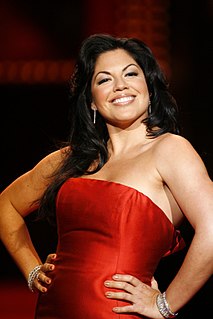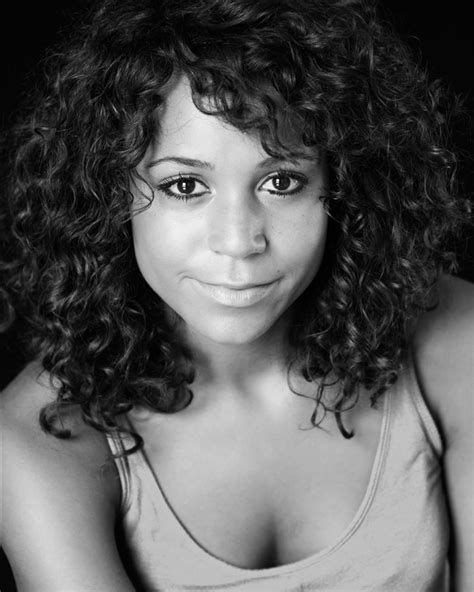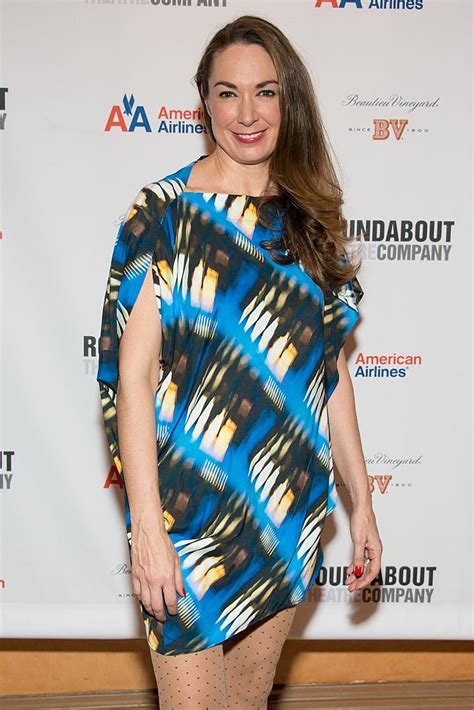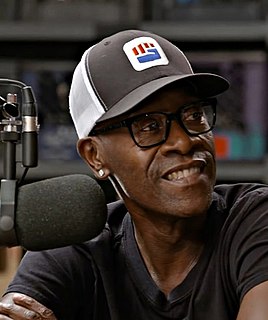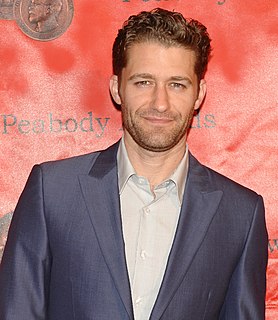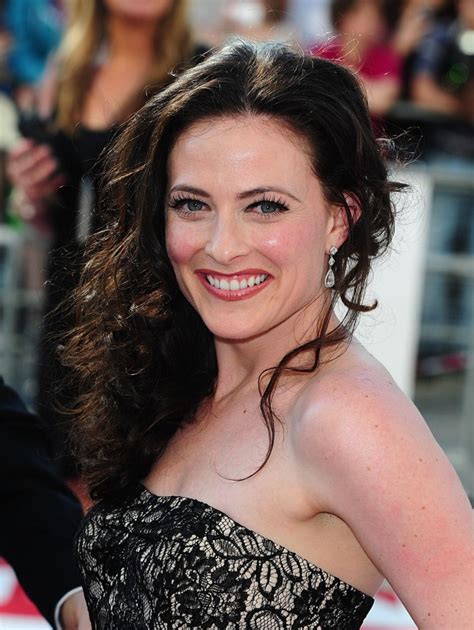A Quote by Sara Ramirez
The truth is, unlike TV and film cameras, the theater stage doesn't add 10 pounds.
Related Quotes
When you're on stage, you're playing to whoever is in the back of the room, and TV and film is so much more detailed and nuanced, but I think that's what I always wanted to do. As much as I love theater and musical theater and would love to do it again, I really love the subtleties of film and theater acting.
I think subconsciously you wanted to "fit in" to the TV and film world and unfortunately that meant being petite and skinny. The camera does add 10 pounds. It does affect your idea of normal. Essentially, though, my body-image issues weren't down to the industry alone. These were ideas I had from little events along the way of life.
In my theater pieces, I would do "Tits on the Head" - Polaroid photos for $10 on the stage. There would be a line of folks paying me $10 for their turn. It was public prostitution. I turned my whole audience into johns. But because it was in a theater context, an art context, it was socially acceptable.
In almost every book I've written, there is a reference to a movie - legendary films, actors and actresses, and forgotten made-for-TV movies. The leaps poems make are not unlike the cuts in a film. The miniature and avant-garde prose poets have perhaps the most obvious ties to film, as a prose poem in its shape is not unlike a movie screen.
